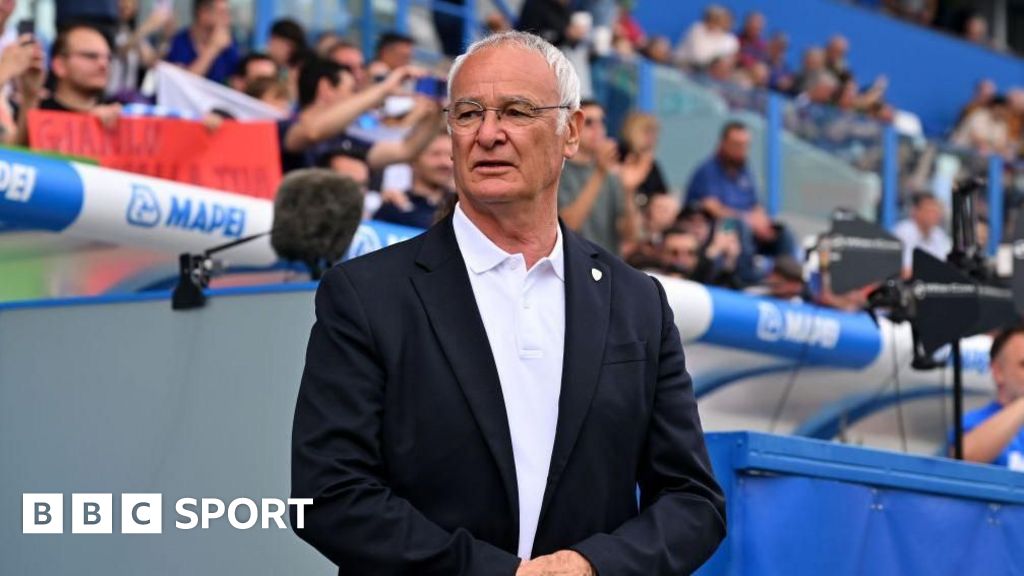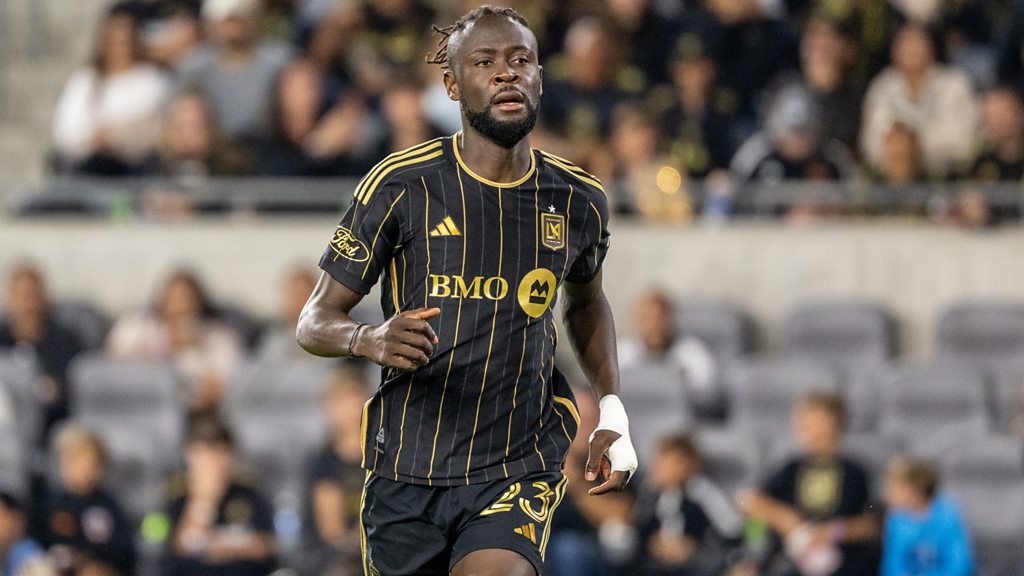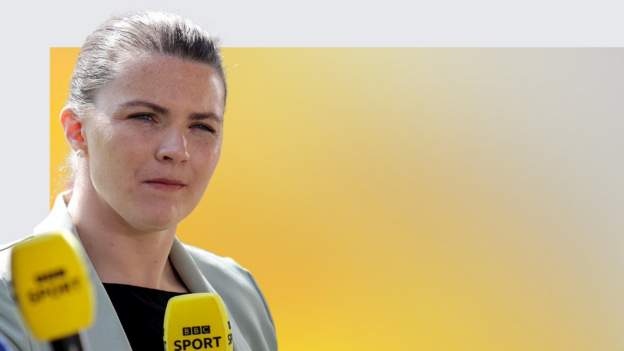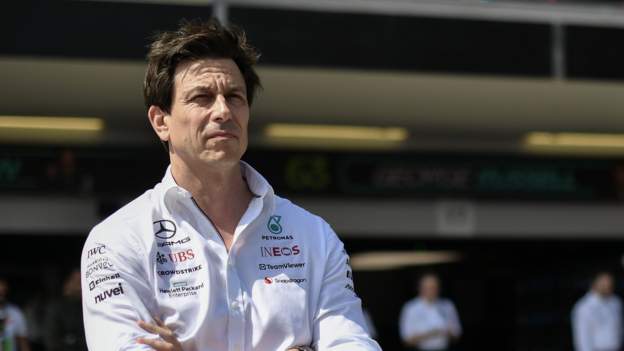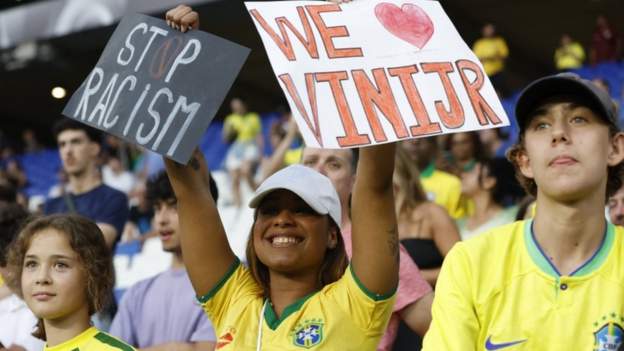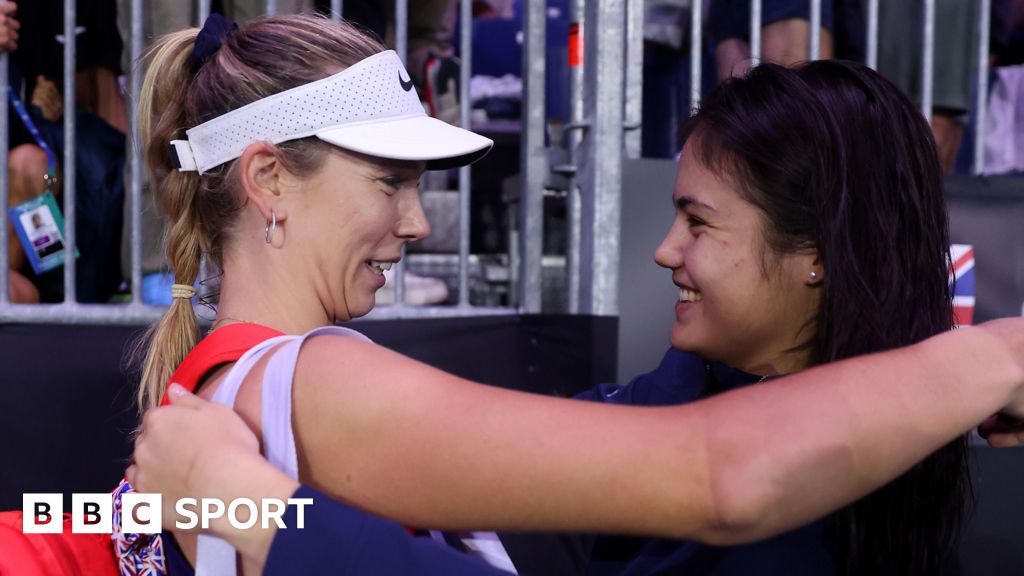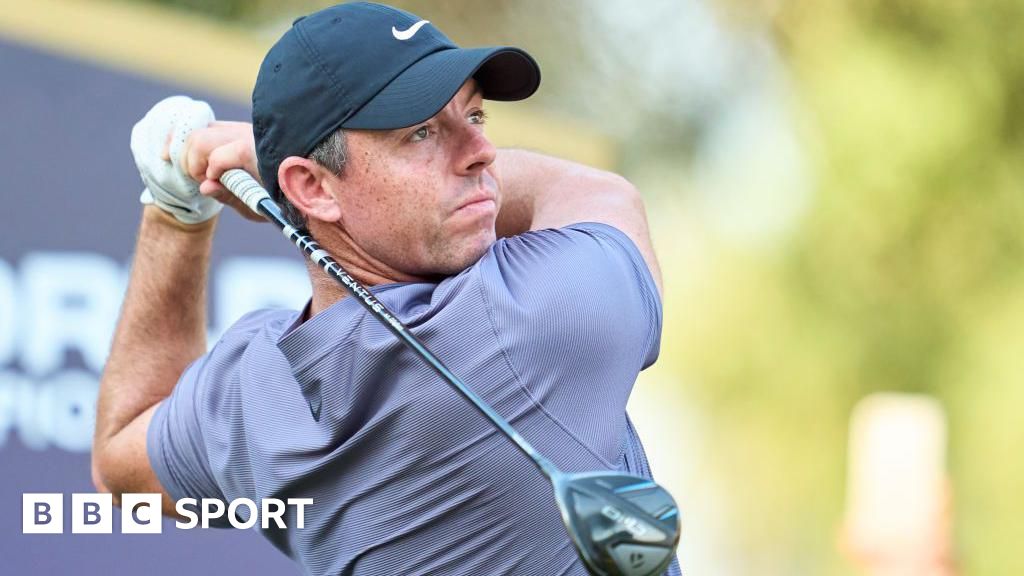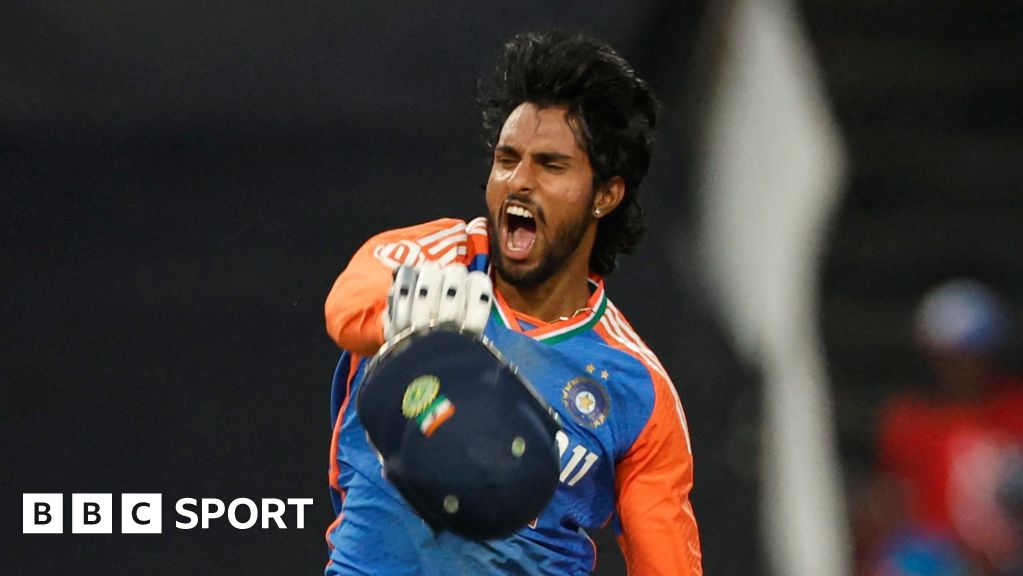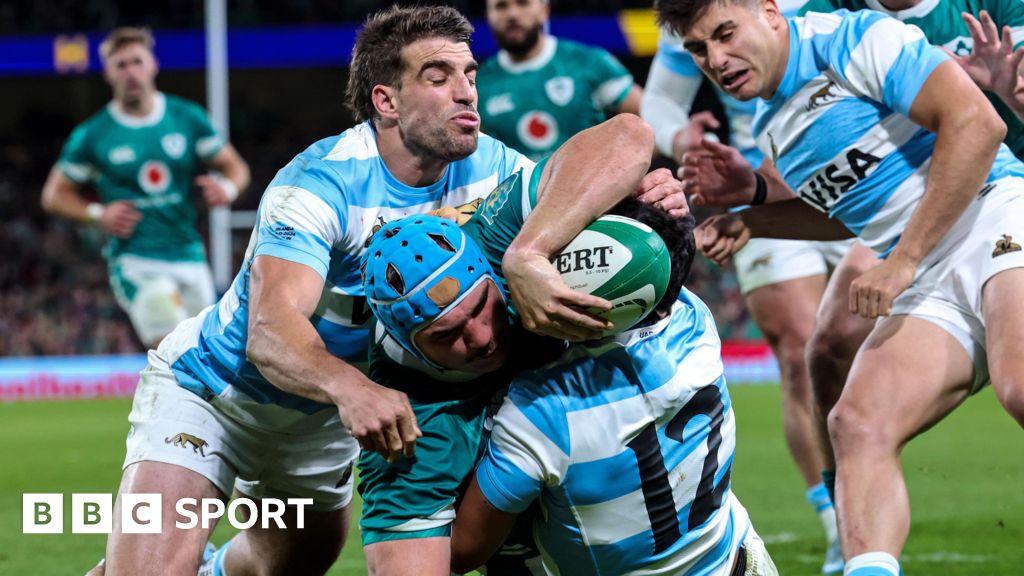We only thought women’s rugby in Ireland had reached rock bottom in 2021 when we failed to qualify for the World Cup, but we were wrong.
Losing to Scotland left Ireland without a single point in the Six Nations Championship and whitewashed for the first time since 2004.
So it turns out this is the new low.
We must face the challenge of having to play in WXV3, which is the lowest tier in world rugby, when we will be playing teams like Zimbabwe and Kazakhstan.
Sometimes you have to hit rock bottom before changes are made, so maybe now those in governance in the IRFU will take a good look at themselves.
There were warning shots from players in the past, but did they listen?
Warning shots were fired and questions were asked for a number of years but it fell on deaf ears.
Men’s rugby in Ireland is world class – we could have been there too if given the similar investment and time – but this is where we are, so maybe now people might finally listen.
Players are not to blame
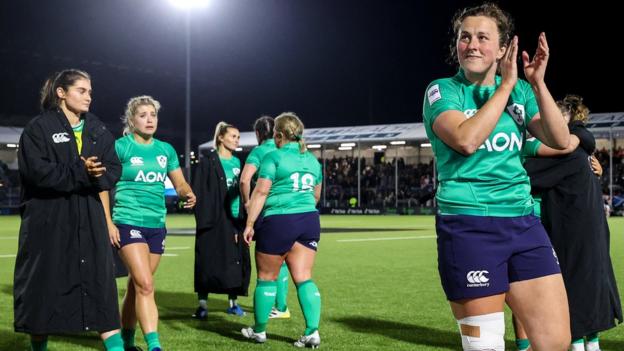
Eight short years ago we won the Six Nations and now look where we are.
It’s unfortunate it has come to this, but the only way is up.
No-one is blaming the players.
They have put their bodies and souls on the line in this Championship and I feel sorry for them.
They have a number on their jersey and went out each day to do the best they could but they didn’t deliver their best performances and they will know that.
Core skills let us down. You have to practice them every day because first-up tackles are your bread and butter.
We had so many missed tackles, problems with the structure of our defence and we didn’t offer enough going forward. It’s difficult to attack when your defence is under so much pressure. To only score three tries in the tournament, and one of those a penalty try, tells its own story.
Fantastic Fryday
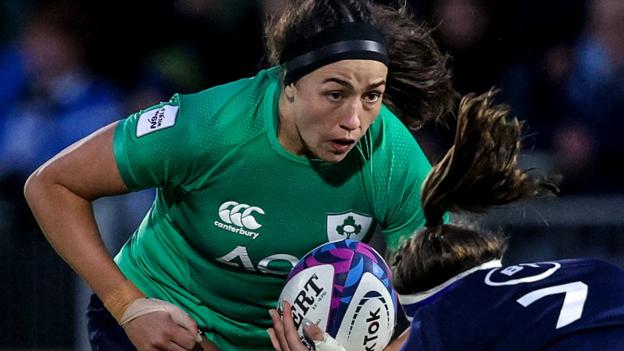
My Irish player of the tournament is a toss up between Nichola Fryday and Deirbhile Nic a Bhaird.
Fryday was a captain who led from the front and it’s incredible she scored her first two tries for Ireland and ended up as our top try-scorer!
Scotland used their experience and power around the pitch.
In knife-edge moments that turned momentum, they got front foot ball and Ireland didn’t have the answers.
But Scotland are two years down the line on their professional journey, while Ireland are in their first year.
We can take encouragement from Wales.
They finished bottom of the Six Nations in 2021 and after two years of professionalism and investment by their Union, they have finished third in 2023 and qualified WXV1.
So tables can turn and turn quickly, but it needs to be a meaningful approach by our Union.
Structures need to be put in place
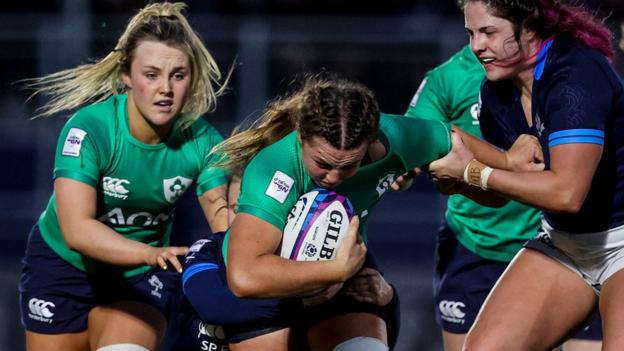
Look at the 23 who lined out against England – only six were contracted players, so there is no point saying they are all contracted.
We need hybrid contracts and a clear club structure.
Hybrid contracts that give players options and allow them to either play in England or Ireland.
I know they are reviewing the club structure here, but the clubs reacted to the proposed changes and gave feedback that was not in favour – so the IRFU need to listen to those clubs. The clubs know what’s needed.
It’s important we get a club structure right and there is no point copying and pasting the England set-up because we don’t have the playing pool.
We must aspire to a high-end talent game, with high skill levels on show, that will act as a feeder system to create and develop players.
We know what needs to be done. Let’s get on with it and give our players the pathway and the opportunity to be the best they can be and ensure this is the last time we finish bottom of the Six Nations.

